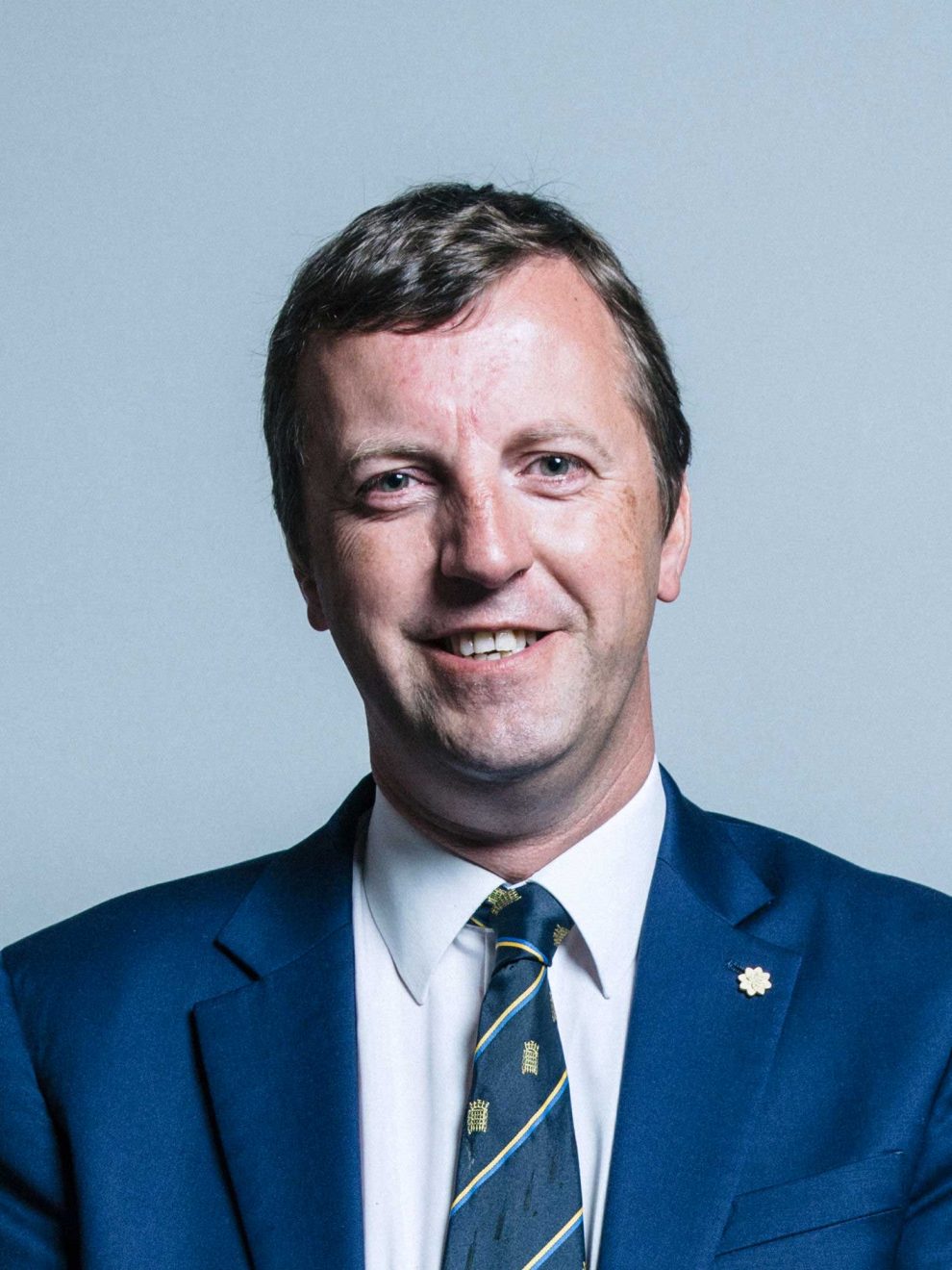PARLIAMENT had its first opportunity to discuss the unsurprising revelation that the seriously wealth retain their serious wealth by means of aggressive tax avoidance schemes on Monday (Nov 6).
With the Chancellor of the Exchequer engaged elsewhere, questions were fielded by Financial Secretary to the Treasury and MP for Mid Devon, Mel Stride.
It appeared that Mr Stride was unprepared to admit that anything was at all untoward with tax avoidance schemes that only the rich and shameless can afford.
Adopting a startling line – prefigured by briefings to the right wing national media – Mr Stride averred that there was no ethical difference between a retail investment available to all UK residents, namely the ISA, and Apple sending out a questionnaire to British Crown Dependences asking them whether or not they would be so kind as to allow Apple to use a brass plate in one of them to ensure it did not have to pay that pesky tax on hundreds of billions in profits.
Never mind brass plate: Mr Stride’s stance had the appearance of brass neck.
In fact, he made great play of the fact that Labour – last in government seven years ago – had done nothing to close the tax loopholes the party now complained of during thirteen years in power. And he was helped in repeatedly avoiding – or perhaps evading – the main issue by being given the opportunity to underline that point by a number of tame questions posed by Conservative backbench stooges.
Shadow Chancellor John McDonnell, presented with the opportunity to make a decent and succinct point on the subject attempted to ask questions of Mel Stride, specifically with regard to investments made by the Duchy of Lancaster – whose current chancellor is Conservative MP Patrick Loughlin – on the Queen’s behalf in offshore tax vehicles.
He may as well have tried nailing jelly to the wall.
David Lammy invited the minister to explain the legitimate reasons for funnelling money offshore to avoid tax, when two-thirds of UK taxpayers are subject to PAYE and have no choice in the matter.
Mr Stride’s response was as remarkable for ducking the question as it was for its content.
“It may be that I want a trust for my children and I do not want it to be known publicly exactly how that trust will operate, for reasons of confidentiality,” Mr Stride suggested, indicating that all was preventing the average worker from availing themselves of the opportunity was a lack of ingenuity and the odd £10m knocking around to make such a vehicle worthwhile.
Jonathan Edwards’ question and its answer deserve full repetition to underline the extent to which the Financial Secretary to the Treasury was prepared to be candid.
Jonathan Edwards asked: “After nearly a decade of austerity, and with living standards facing their biggest squeeze in nearly a century, the public will, quite rightly, be outraged by the most recent revelations. The Treasury cannot run with both the foxes and the hounds on this, so will it back either the ordinary working people or the super-rich? Which will it be?”
So, the question is whether the government back the wealthy over the poor and acknowledge the outrage of those with no choice but to hand over their money to the Treasury.
Mr Stride’s response suggests he heard an entirely different question.
“The hon. Member talks about our having to live within our means, and it is, of course, right that we do that. He talks about the amount of money we need to bring in. What has been most unhelpful is that the previous Labour Government were so ineffective at bringing in tax, the tax gap became so high they cost our country over £40b. If they had had the same average level of tax gap in their last seven years in office as we have had in our seven years, we would be about £45 billion better off.”
An answer to the question actually posed was absent.
It was that sort of performance. Brazen, shameless, partisan, and deliberately obstructive.
Mr Stride will go far on that sort of form.


















Add Comment